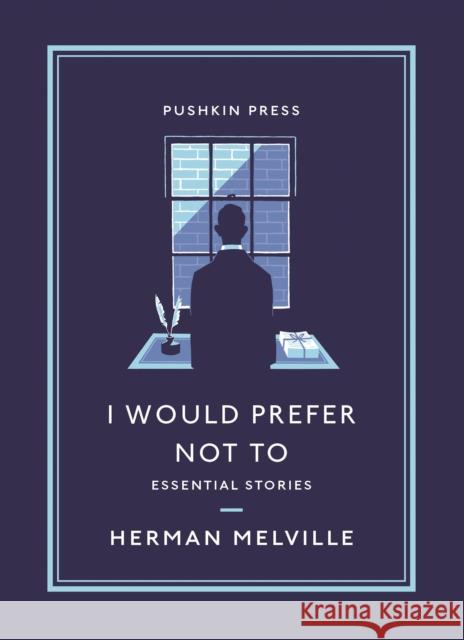I Would Prefer Not To: Essential Stories » książka
topmenu
I Would Prefer Not To: Essential Stories
ISBN-13: 9781782277460 / Angielski / Miękka / 2021 / 256 str.
Kategorie:
Wydawca:
Pushkin Press
Seria wydawnicza:
Język:
Angielski
ISBN-13:
9781782277460
Rok wydania:
2021
Numer serii:
001073954
Ilość stron:
256
Waga:
0.22 kg
Wymiary:
16.41 x 11.99 x 1.8
Oprawa:
Miękka
Wolumenów:
01











